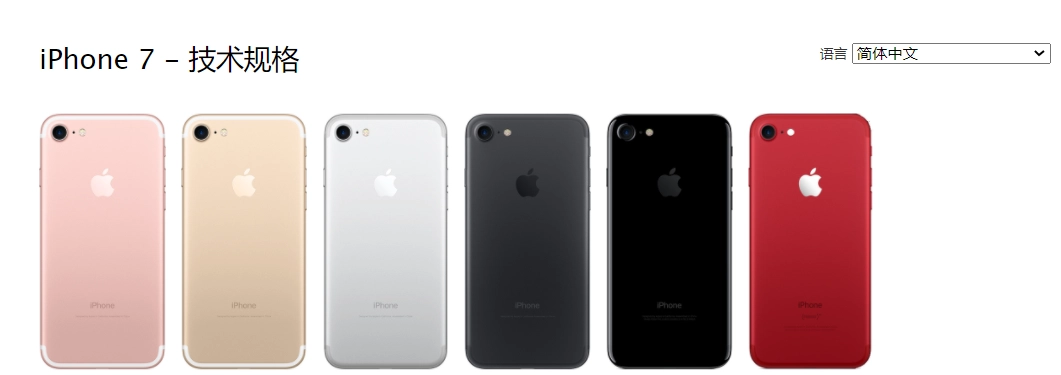IT House reported on September 29 that a U.S. federal appeals court ruled that due to a lower court’s legal error, Apple must reject and reconsider Apple’s $310 million (about 2.229 billion yuan) proposal to users for the iPhone “battery door” settlement plan.
In 2020, U.S. District Judge Edward J. Davila approved Apple’s proposal to resolve a class-action lawsuit over battery slowdowns, but the proposal was “controversial.” In 2017, iPhone users discovered that the new iOS 10 at the time deliberately reduced or limited the performance of their iPhones. IT House has learned that the affected models include iPhone 6, iPhone 6 Plus, iPhone 6s, iPhone 6s Plus, iPhone 7, iPhone 7 Plus and the original iPhone SE.

Apple has dismissed allegations that the company is slowing down older phones to let users upgrade. Slowing down these phones could extend their lifespan, the company said. “The frequency reduction is for the benefit of users and can avoid sudden shutdowns caused by excessive battery drain and performance problems.”
However, Apple did not explain this before releasing the restrictions. The company later apologized for this and lowered the cost of out-of-warranty battery replacements from $79 to $29 for a limited time.
Subsequent court cases covered how many people were affected and how much, but ultimately Apple proposed a court-approved settlement. However, the ruling was appealed by 144 members of the suit.
They objected to the way the court approved $80.6 million (about 580 million yuan) to cover attorneys’ fees and “service incentives to named plaintiffs.”
According to Bloomberg Law, the U.S. Court of Appeals for the Ninth Circuit has reversed the lower court’s approval. It rejected the settlement offer. Because the lower court used the wrong legal standard in its ruling, it completely and specifically reversed it.
“The District Court duly resolved most of the objections on appeal,” Judge Jacqueline H. Nguyen wrote in the filing. “However, the District Court erred in law in finding that the settlement was fair, reasonable, and adequate.”
“While we applaud the District Court for its thoughtful and thorough analysis, which showed that the Court was very careful in considering the terms of the settlement,” she continued, “its written order clearly states that the court adopted an assumption that the settlement was fair, and reasonable.”
“Because the District Court applied the wrong legal standard in reviewing the fairness of the settlement,” Judge Nguyen concluded, “we reverse the order granting final settlement approval and the award of fees, expenses and awards, and require that the correct standard be applied. “
The U.S. District Court may now proceed with re-approval based on the correct legal standard. However, no further details or dates have been released.
While Apple is theoretically correct in claiming that slowing down the iPhone helps preserve battery life overall, its outrageous approach has angered many consumers.

